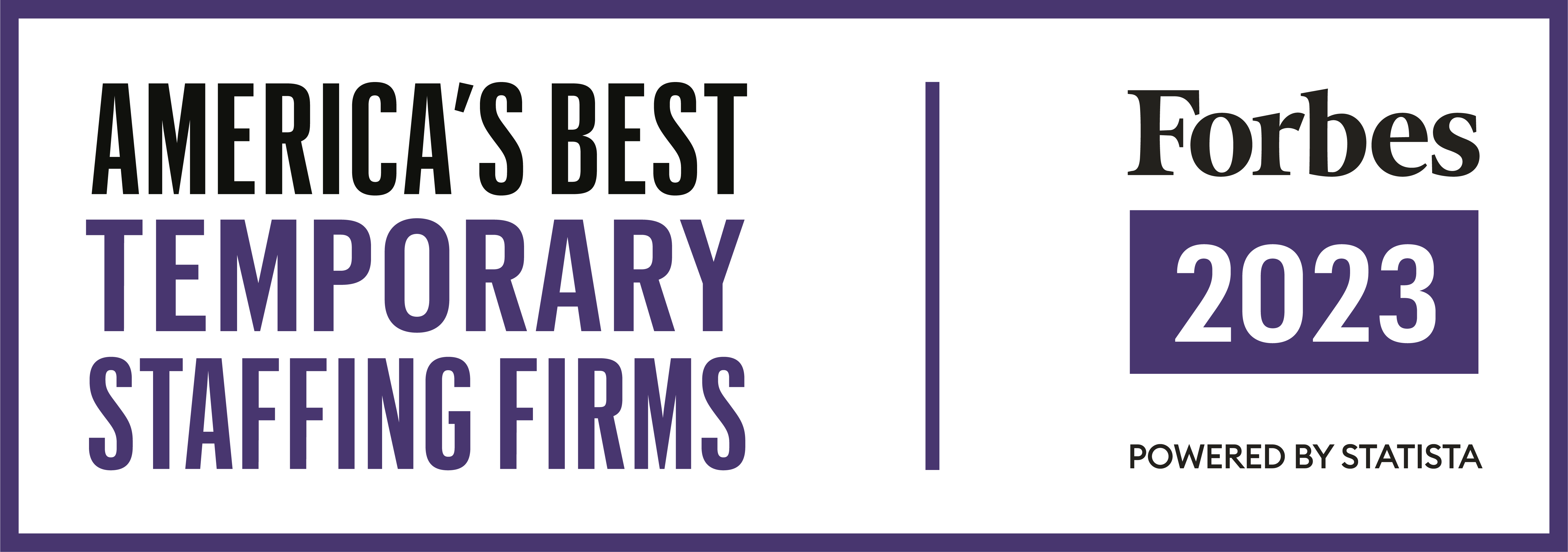Is it time to have that conversation? You know the one! There’s an employee in your office who wears too much perfume. Or worse, there’s an employee in your office who doesn’t wear enough deodorant. Or, maybe you’ve got staff who wear flip flops to construction sites. You might have a worker who chews with his mouth open during business lunches or who talks loudly on his cell phone during office hours. While some annoying habits are just part of working with a team, others can be genuinely distracting to the job. Part of being a manager means having to have those tough conversations with your team when you need to. So, where should you start?
Have a policy.
First, make sure your company has a policy in place before issues begin to occur. Of course, you aren’t going to be able to create a policy that addresses all issues, but you can have a few standard guidelines. Most companies have an employee handbook that all workers receive. This can include your dress code, which could even mention hygiene issues. It could even address other topics by generally asking employees to exercise good judgment about habits that might affect the comfort and productivity of coworkers. Talk about this at your new hire training or onboarding. Having a policy makes it easier to talk about any issues that may arise because you can refer back to company expectations.
Do your research.
If someone on your team is complaining about a coworker, don’t take their word for it. Make sure you look into it yourself. This will also make it easier when it comes time to have that conversation with that person; you will be able to speak more directly about the issue. Occasionally, employees may just not get along well with each other and might complain unnecessarily. Sometimes an annoying habit is just an annoying habit. It’s up to management to determine whether or not it interferes with productivity or business, and whether or not it needs to be addressed.
Have the conversation.
Once you have looked into the issue and decided that it deserves a conversation, plan to talk to the employee directly as soon as possible. The longer you let the issue sit, the harder it will be to discuss. It’s best to have the conversation in person, not through email or over the phone. Before you sit down to speak with the person, think about what you are going to say. Recognize that the employee will probably be embarrassed and defensive; try to be empathetic and think about how you would want someone to speak with you about a similar issue. If possible, schedule the conversation for the end of the day so the person doesn’t have to feel uncomfortable returning to work. Be sure to have the conversation in a private area where others can’t overhear.
Managing a team can be tough—from making sure employees break those bad habits to offering constructive criticism when you need to. If you need help managing staff, Penmac can help! Call your local office today.




